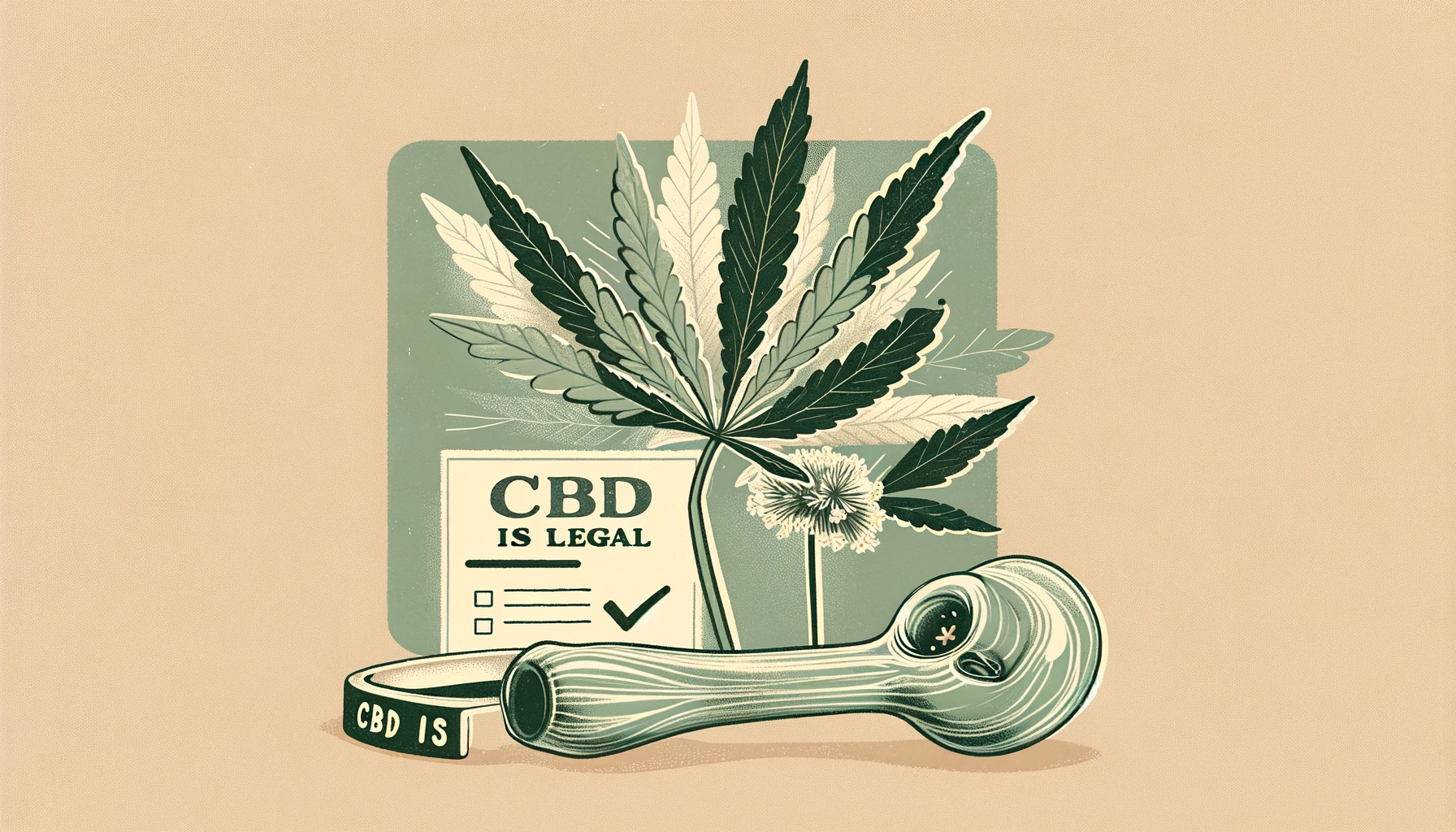
Supporting Hemp: Understanding Its Origins and Benefits

Helping each other can make world better
We will explore the differences between Delta 9 THC and hemp, emphasizing the positive aspects of hemp, its origins from the cannabis plant, and how hemp-derived products can be similar to those containing Delta 9 THC.
- Same Plant Family: Hemp and marijuana both originate from Cannabis sativa, highlighting their shared lineage.
- Different Purposes: The cultivation and use of hemp focus on industrial and therapeutic applications, whereas marijuana is primarily grown for its psychoactive effects.
The Cannabis Plant: A Common Origin
What is Delta 9 THC?
Delta 9 Tetrahydrocannabinol, or Delta 9 THC, is the principal psychoactive compound found in marijuana. It interacts with the brain’s endocannabinoid system, leading to altered perceptions and the characteristic “high” associated with cannabis use.
What is Delta 9 THC?
- Psychoactive Effects: Responsible for the high experienced by marijuana users.
- Medical Uses: Utilized in treatments for chronic pain, nausea, and appetite stimulation.
- Legal Status: Varies widely, with many regions imposing strict regulations or outright bans.
What is Hemp?
Hemp is a variety of Cannabis sativa specifically cultivated for its industrial and health benefits. Unlike marijuana, hemp contains only trace amounts of Delta 9 THC, making it non-psychoactive.
Characteristics of Hemp:
- Low THC Content: By definition, hemp contains 0.3% or less Delta 9 THC, ensuring it does not produce psychoactive effects.
- High CBD Content: Rich in cannabidiol (CBD), a non-psychoactive compound known for its therapeutic properties.
- Industrial Uses: Used in producing textiles, paper, biodegradable plastics, construction materials, and food products.
- Legal Status: Legal in many countries, including the United States, following the 2018 Farm Bill that distinguished hemp from marijuana based on its low THC content.
The Benefits of Hemp
Non-Psychoactive: Hemp does not induce a high, making it suitable for various applications without the psychoactive effects of marijuana.
Therapeutic Potential: CBD, abundant in hemp, is studied for its potential to reduce inflammation, anxiety, and seizures, offering health benefits without intoxication.
Sustainability: Hemp is an environmentally friendly crop. It grows quickly, requires minimal pesticides, and can be used to produce biodegradable materials, contributing to sustainable agricultural practices.
Versatility: Hemp’s strong fibers and nutritious seeds make it valuable in numerous industries. It’s used in clothing, construction, food, and even as a potential biofuel source.
Legal Clarity: The 2018 Farm Bill in the U.S. legalized hemp, providing clear guidelines for its cultivation and sale. This distinction from marijuana allows for broader use and acceptance.
Hemp-Derived Products vs. Delta 9 THC Products
While hemp and marijuana are distinct, the products derived from hemp can be quite similar to those containing Delta 9 THC, especially in form and function.
CBD Edibles and Oils:
Hemp-Derived CBD: Available in oils, gummies, and capsules, offering potential therapeutic benefits without the high.
Delta 9 THC Products: Similar forms, such as THC-infused edibles and tinctures, provide psychoactive effects.
Topicals:
Hemp-Derived: CBD-infused creams and balms for pain relief and skin health.
Delta 9 THC Products: THC-infused topicals for localized pain relief with added psychoactive effects.
Vaping and Smoking:
Hemp-Derived: CBD vape oils and hemp flower for relaxation and therapeutic benefits.
Delta 9 THC Products: THC vape oils and marijuana flower for recreational and medical use.
Comparing Delta 9 THC and Hemp
Chemical Composition:
- Delta 9 THC: High concentrations in marijuana, leading to psychoactive effects.
- Hemp: Contains very low levels of Delta 9 THC (≤0.3%), high in CBD.
Effects on the Body:
- Delta 9 THC: Alters mood and perception, causing a high.
- Hemp: Non-psychoactive, primarily used for industrial and therapeutic purposes.
Medical Applications:
- Delta 9 THC: Used in specific treatments like pain relief and appetite stimulation.
- Hemp: Utilized for its CBD, offering potential health benefits without psychoactive effects.
Legal Status:
- Delta 9 THC: Legal status varies, often restricted or illegal under federal law in the U.S.
- Hemp: Legal in many regions, especially following the 2018 Farm Bill in the U.S.
Continuing Hemp Education
Hemp, a product of the Cannabis sativa plant, stands out for its non-psychoactive properties, versatility, and sustainability. Unlike its psychoactive counterpart, Delta 9 THC, hemp offers numerous industrial and therapeutic benefits without inducing a high.
Additionally, hemp-derived products can be similar in form to those containing Delta 9 THC, providing alternatives that cater to different needs and preferences. Understanding the differences between Delta 9 THC and hemp is crucial for appreciating the positive aspects of hemp and recognizing its potential in various applications.
As legal frameworks evolve, hemp continues to gain acceptance and support, highlighting its valuable contributions to health, industry, and the environment.
Education Makes Everyone Better
Education on hemp, hemp-derived products, and delta-9 THC can significantly benefit both the public and legislators in several ways:
- Clarification of Legal Distinctions: Educating on the differences between hemp (low THC) and marijuana (high THC) can help avoid legal confusion and wrongful prosecution.
- Health and Safety Information: Providing accurate information on the benefits and risks of hemp and delta-9 THC products can guide public health decisions.
- Economic Opportunities: Understanding the economic potential of hemp cultivation and product development can support legislative efforts to boost local economies.
- Policy Development: Knowledgeable legislators can craft balanced policies that maximize benefits while mitigating risks associated with hemp and delta-9 THC.



Carla Culos

Alisha Mahen

Alexandra Trab

Abbas Dadla

